Sudan timeline January-March 2023: Economy ‘grim’ amid fractious talks on transition to civilian rule and security sector reform
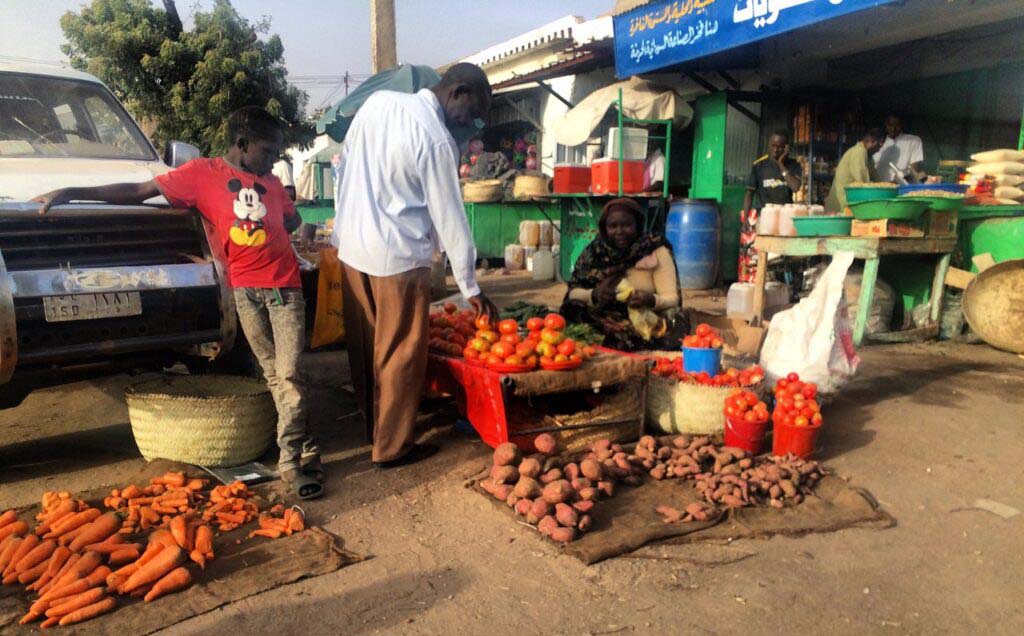
A street vendor sells vegetables at a market in Nyala, South Darfur (Photo: RD)
DABANGA SUDAN –
Sudan’s ‘political process’, brokered by the AU-IGAD-UN Trilateral Mechanism, began in January, under the umbrella of the mainstream Forces for Freedom and Change, the FFC-Central Council, conferences on five ‘thorny issues’ are to be organised. The outcomes would be included in a final agreement between the ruling junta and the opposition after which a civilian government was to be formed. The organisation of the conferences did not always go according to plan.
The economic situation in Sudan has become ‘grim’ as the poverty rate reaches 65 per cent. Economists called the Ministry of Finance policies to raise taxes and (customs) fees and lift subsidies on gas ‘disastrous’. Various workers laid down tools, demanding a raise in salaries. Protests against toxins used in gold mining continued in various parts of the country. Tensions grew between Army Commander Lt Gen Abdelfattah El Burhan and Rapid Support Forces (RSF) Commander Lt Gen Mohamed ‘Hemedti’ Dagalo.
By March, the two remaining dialogue conferences agreed on in the Framework Agreement with the military on December 5 last year, took place. The conference on (transitional) justice was based on workshops held in six Sudanese regions. The fifth and most contentious one, on security sector reform, discussed the integration of RSF paramilitaries into the Sudan Armed Forces. the conference concluded without clear outcomes. It was agreed that the Final Agreement would be signed on April 1.
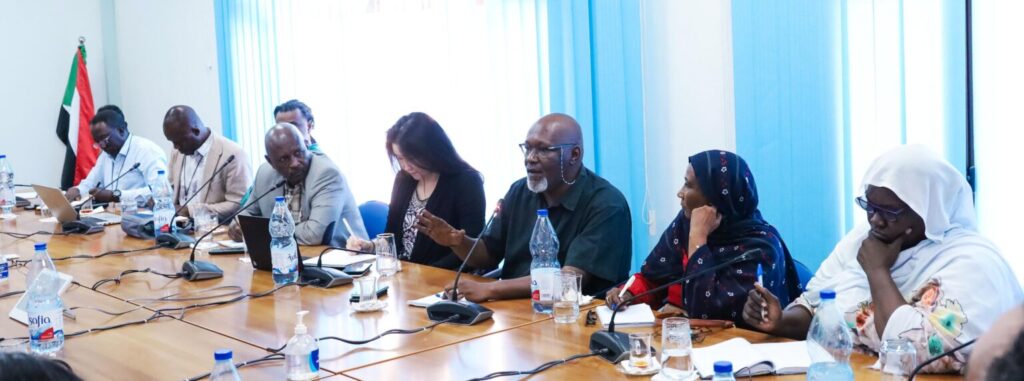
January: Sudan’s ‘political process’, brokered by the AU-IGAD-UN Trilateral Mechanism, begins this month. Under the umbrella of the mainstream Forces for Freedom and Change, the FFC-Central Council, conferences on five ‘thorny issues’ are to be organised. The outcomes will be included in a final agreement between the ruling junta and the opposition after which a civilian government can be formed. The organisation of the conferences did not always go according to plan. Separately, Egypt proposes to host an alternative inter-Sudanese dialogue in Cairo. The Ministry of Finance’s decision to raise the fees for civil services are widely condemned by the Sudanese, whose living conditions have become “humiliating”.
January 1: The president of the Sovereignty Council, Lt Gen Abdelfattah El Burhan, warns that exclusion and imposing the will of specific groups will put the unity of the country in danger. The head of the High Council of Beja Nazirs and Independent Chieftains, Sayed Tirik, threatens again with self-determination for eastern Sudan.
January 2: Egypt proposes a new platform for a Sudanese-Sudanese dialogue on the upcoming transitional period. The fate of hundreds of bodies in Sudanese mortuaries remains unclear. Statements of the Minister of Finance about the Sudanese economy are perceived as “a political speech”. Following the raise of various service fees in the country, a financial analyst calls for the dismissal of the Finance Minister.
January 3: Rapes, killings, and robberies continue in Darfur. State schoolteachers continue their strike in various parts of the country.
January 4: The FFC-CC rejects the Egyptian proposal to hold a separate dialogue, whereas the FFC-Democratic Block (FFC-DB) welcomes the initiative. Gold mining activities in Ghadeer, South Kordofan, are suspended because of the use of cyanide and mercury.
January 5: The signatories to the Framework Agreementreject the Egyptian dialogue proposal. The recent increases in service fees by the Finance Ministry have not been approved by a legislative body and are therefore illegal, according to a jurist. 111 people injured during anti-junta protests in Khartoum.
January 6: A large joint force is deployed along the border with the Central African Republic (CAR). The Sudanese police is “still controlled by beliefs and behaviour of the former regime,” a retired policeman tells Radio Dabanga.
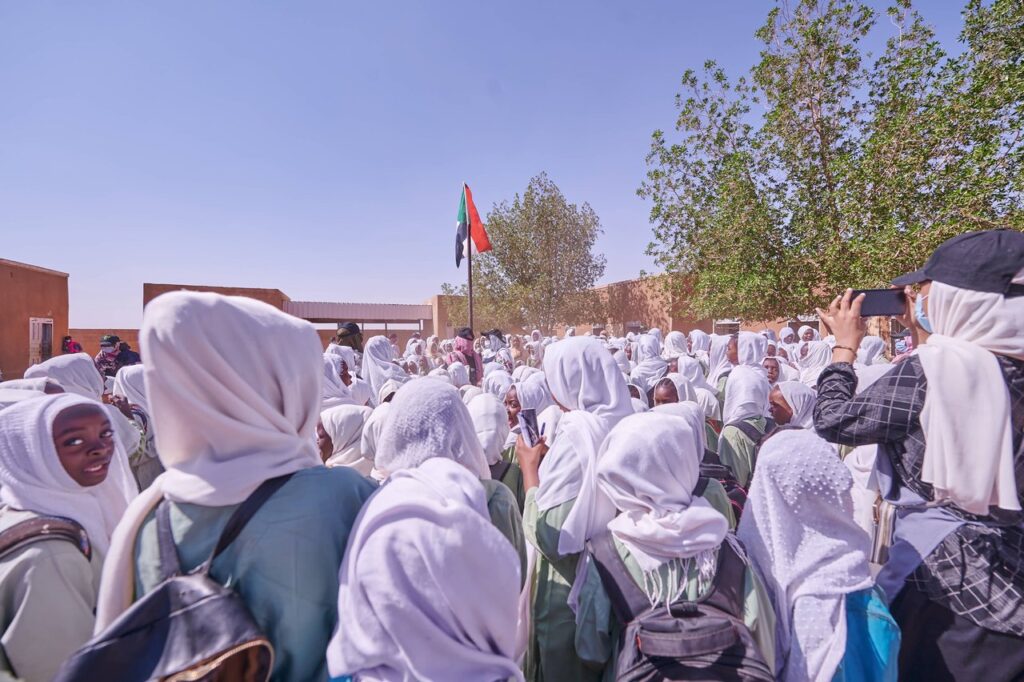
January 7: School teachers continue to strike for three more weeks after “a disappointing meeting” with the Minister of Finance.
January 10: University lecturers embark on a strike to protest the 2023 national budget policies.
January 11: The governor of North Darfur voices his concerns over the region’s deteriorating security situation and the alarming spread of narcotics. The Khartoum Security Committee decides to intensify patrols to combat drug abuse.
January 13: The signatories of the Framework Agreement prepare to hold the second dialogue conference, on (transitional) justice.
January 14: Activists call the living conditions in Sudan “humiliating”. An economist says that the proposed 2023 national budget includes a significant increase in military and security spending.
January 15: School teachers, university lecturers, and research centre staff striking to demand better wages are joined by bus drivers and meteorological workers.
January 16: Polemics and new initiatives continue to characterise the Sudanese political scene. Striking teachers in Khartoum do not expect any positive response from the authorities. A group of men attack an art gallery in Khartoum.
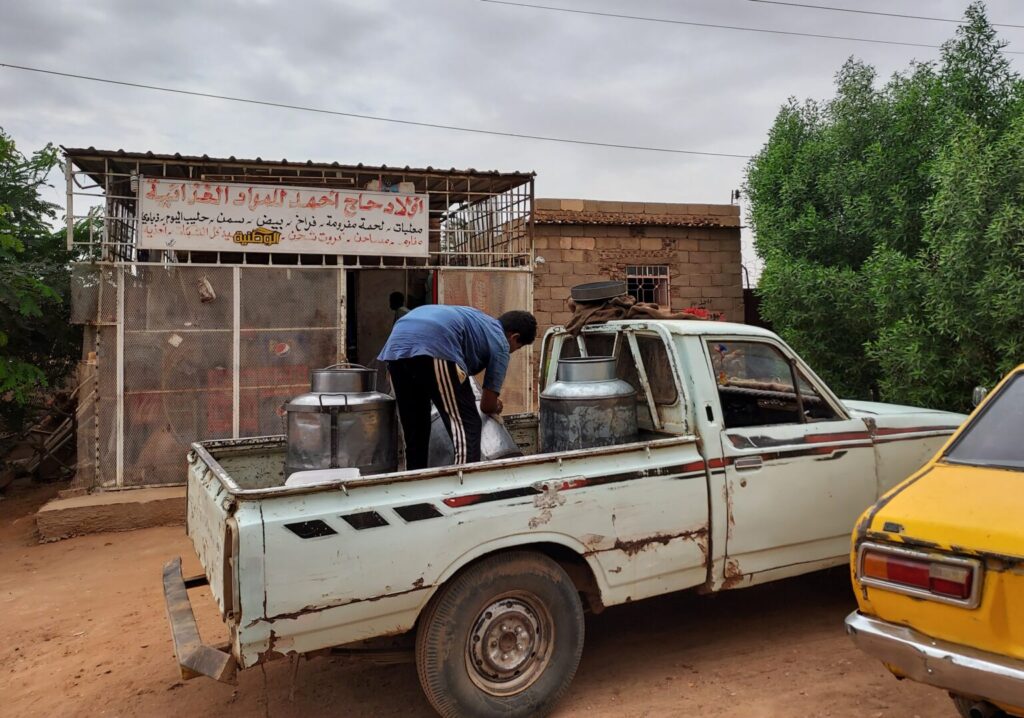
January 17: The inflation rate drops to 87 per cent. Khartoum water tariffs may rise. 112 demonstrators are injured and 60 detained during anti-junta protests in Khartoum.
January 18: The Pharmaceutical Professionals Association condemns the closure of medical supplier pharmacies in Khartoum. The FFC-CC expects the signing of the Final Agreement to take place “within three weeks”.
January 18: The director of the El Gezira Agricultural Scheme accuses the Agricultural Bank of withholding granted fertilisers.
January 19: The Trilateral Mechanism will organise the dialogue conferences on the Juba Peace Agreement and eastern Sudan track instead of the FFC-CC. More parties reject the Egyptian dialogue initiative.
January 21: The National Umma Party (NUP) and the Sudan People’s Liberation Movement-North headed by Abdelaziz El Hilu (SPLM-N El Hilu) sign an agreement-in-principle in Juba. Living conditions in the North Darfur Zamzam camp are reportedly approaching a humanitarian catastrophe. Another community leader in the area warns of imminent attacks after more than 1,000 armed men on motorcycles gather near Kabkabiya.
January 22: Victims of multiple attacks on villages in South Darfur in December report poor distribution of aid. According to a former official during the government of PM Hamdok, the dialogue conferences on justice and on reform of the military may be postponed.
January 23: Resistance committees in Khartoum say they will form legislative councils in the city’s districts, in preparation for a national Parliament. Eastern Sudanese call on the UN to take over the region’s file. The acting governor of South Kordofan declares a State of Emergency for a month because of the insecurity in the region.
January 24: Anti-junta demonstrations in Khartoum are again confronted with excessive violence. The strikes of government teachers and employees of the Meteorological Corporation in Sudan continue. The FFC-CC postpones the planned dialogues on (transitional) justice and security and military reform ‘until after the formation of a new transitional government’.
January 25: The chief prosecutor of the International Criminal Court’s (ICC) tells the UN Security Council that the cooperation with the Sudanese authorities has weakened. A workshop on transitional justice in the North Darfur capital El Fasher recommends handing over indicted officials from the former regime to the ICC.
January 26: Ethiopian PM Abiy Ahmed pays a one-day visit to Khartoum. The Sudanese Teachers Committee announces that an agreement on most of their demands has been reached with the federal authorities. 64 of the 350 illegally detained West Darfuri are released in El Geneina, another 95 detainees held in Port Sudan will be released soon.
January 27: The South Sudanese mediation team announces a workshop in Juba in February on the implementation of the Juba Peace Agreement for its 13 signatories.
January 29: Clashes between Russian fighters and local gunmen along the Sudan-Chad border spark security talks between the two countries.
January 30: Attacks and rapes continues in Darfur. The Sudanese Supreme Court orders the release of the convicted killer of a USAID diplomat and his Sudanese driver. A delegation of 70 FFC-DB leaders will participate in the inter-Sudanese dialogue workshop organised by Egypt. NUP leader Maryam El Sadig El Mahdi warns of the ‘great challenges that are facing the Framework Agreement’.
January 31: The dialogue conference on the Juba Peace Agreement (JPA) starts in Khartoum today. Darfur displaced community leaders tell Radio Dabanga that their invites were cancelled at the last minute, others were not invited at all.
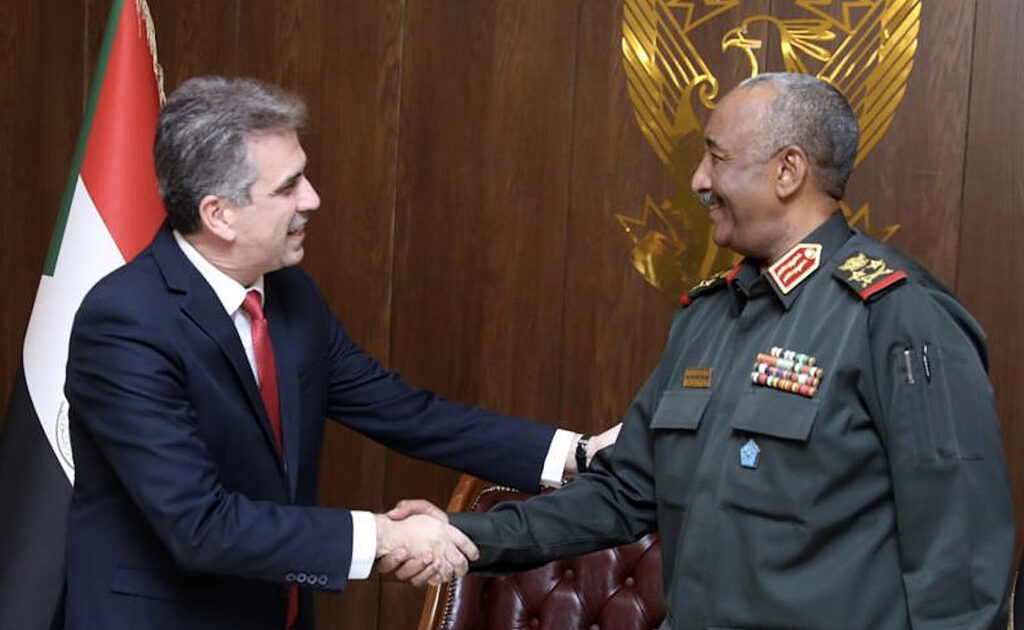
February: The economic situation in the country is becoming ‘grim’ as the poverty rate reaches 65 per cent. Economists call Ministry of Finance policies to raise taxes and (customs) fees and lift subsidies on gas ‘disastrous’.Various workers are on strike, demanding a raise in salaries. Protests against toxins used in gold mining continue in various parts of the country. The Israeli FM visits Khartoum amid expectations that Sudan is likely to join the Abraham Accords with Israel. A delegation of EU envoys as well as the Russian Minister of Foreign Affairs pay a visit to Sudan, for ‘geopolitical talks’. The third dialogue conference, on eastern Sudan governance, as agreed on in the Framework Agreement, takes place. Rapid Support Forces (RSF) Commander Lt Gen Mohamed ‘Hemeti’ Dagalo calls the October 2021 coup d’état a mistake, which leads to speculations about growing tensions between him and Army Commander El Burhan.
February 1: FEWS NET reports that Sudan’s macroeconomic situation remained poor in January. People in South Darfur protest illegal logging for firewood and charcoal. The Sudan People’s Liberation Movement North faction under the leadership of Malik Agar (SPLM-N Agar) boycotts both the JPA conference in Khartoum and the inter-Sudanese dialogue in Cairo. Rebel leader Minni Minawi, currently governor of Darfur, says that the Sovereignty Council and security apparatus bear the main responsibility for the deterioration of the security situation in the region.
February 2: Israeli FM Eli Cohen visits Sudan as Khartoum and Tel Aviv step closer to ‘normalisation’. The newly appointed UN human rights expert calls for accountability of Sudanese security forces accused of committing human rights violations. North Darfur deploys joint forces in an attempt to contain the growing insecurity in the region. Economists criticise the 2023 national budget for its lack of clarity. The Sudanese dialogue in Cairo begins, with at least 75 Sudanese political representatives attending, including a large number of members of the FFC-Democratic Block.
February 3: Signatories to the Juba Peace agreement receive fierce criticism during the dialogue conference on the JPA that concluded in Khartoum today.
February 5: The strike of the Meteorological Corporation employees seriously affects airports in Sudan. A military member of the Sovereignty Council says that the Sudanese army will not proceed with the Framework Agreement unless it is signed by a sufficient number of political parties and groups.
February 6: Almost daily reports of armed robberies mark the deteriorating security situation in Darfur. Joint forces will be deployed in South Darfur as part of the implementation of the JPA Security Arrangements protocol. People in West Darfur and in Red Sea state protest the use of toxics in mining. FCC-CC leaders warn of ‘dire consequences’ should the military junta abandon the Framework Agreement.
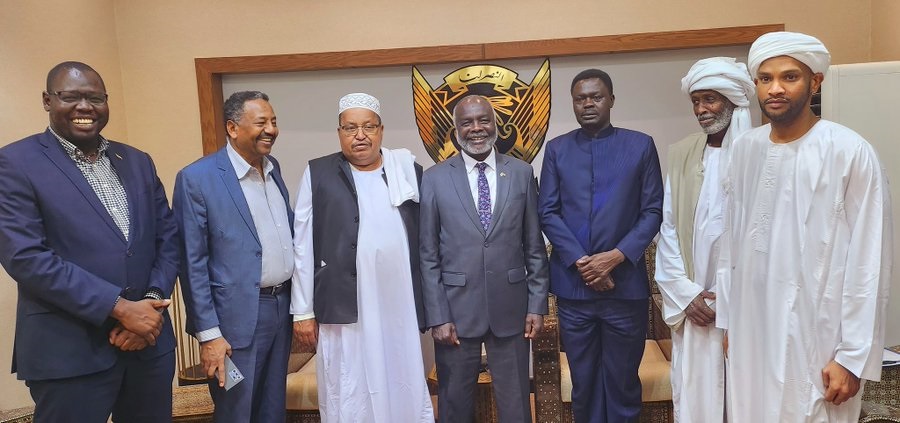
February 7: A delegation of EU-US envoys arrives in Sudan for ‘geopolitical talks’. The attendees of the inter-Sudanese dialogue in Cairo agree on a civilian government, made up of non-partisan technocrats aligned with the revolution.
February 8: Russian FA Minister Sergei Lavrov pays a visit to Khartoum. Lt Gen El Burhan affirms his commitment to the Framework Agreement to the EU delegation. The AU-IGAD-UN Trilateral Mechanism announces that the third dialogue conference, on governance in eastern Sudan, will take place in Khartoum from February 12 to 15. Lawlessness continues across Darfur.
February 9: A 15-year-old protester is killed during anti-junta demonstrations in Omdurman. Both the EU envoys visiting Sudan and Russian FA Minster confirm their support for Sudan’s political process.
February 11: Displaced people in Ed Damazin, capital of Blue Nile region, are in dire need of food aid. The Sovereignty Council announces talks on the integration of three non-signatories of the Framework Agreement into the ongoing political process. Both factions of the Beja Nazirs Council refuse to take part in the dialogue conference on governance in eastern Sudan.
February 12: Two soldiers of the Darfur Joint Security Forces are killed in an attack on their base in West Darfur. The Sudanese Teachers Committee calls promises of the Minister of Finance to pay delayed dues ‘political fraud’. Delegates of the JPA signatories arrive in South Sudan for a workshop on the delayed implementation of the agreement. The National Commission for Human Rights expresses its concerns over measures of the Humanitarian Aid Commission (HAC) impeding the freedom of civil society work.
February 13: The third dialogue conference in Khartoum, on eastern Sudan, is criticised for being poorly organised.
February 14: Activists block the Port Sudan-Kassala highway to protest the delay in dismantling gold mining plants using cyanide. Economists blame the authorities for failing to publish the 2023 national budget after it was approved on February 1.
February 15: The dialogue conference on eastern Sudan, organised by the Trilateral Mechanism in cooperation with the FFC-CC, concludes. Northern Sudanese protesters against ‘draconian’ water fee increases are detained. The federal authorities decide on new security campaigns throughout the country.
February 16: The South Sudanese mediator of Sudan’s 2019-2020 peace talks holds the JPA signatories responsible for the agreement’s poor implementation.
February 17: Radio Dabanga reports an upsurge in sexual violence against displaced women in Darfur. The annually recurring release of livestock on farms during the winter season is expected to lead to large-scale tribal conflicts in Darfur. The commission of inquiry into attacks by Rizeigat on Daju villages in South Darfur in December identifies ‘only’ 90 suspects.
February 18: Displaced in Sudan and refugees in Chad report serious food shortages. Farmers in the north of El Gezira Agricultural Scheme are no longer able to pay the rent for an irrigation pump.
February 19: RSF Commander Hemeti calls the October 2021 coup d’état a mistake. Parties to the JPA sign a new implementation matrix in Juba. The Beja Nazirs Council wing headed by Tirik rejects the matrix. Bus owners in Khartoum plan an open strike to protest increases in licensing fees and traffic fines.
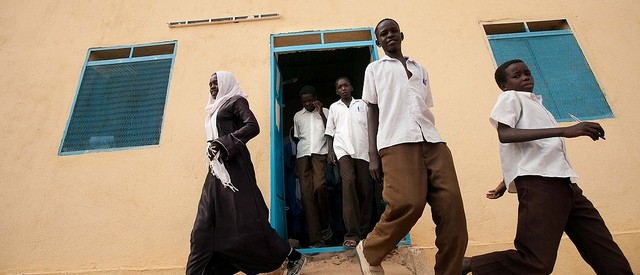
February 20: State teachers in Khartoum boycott the school exams. Darfur displaced are sceptical about the new JPA matrix. Hemeti’s speech of yesterday sparks speculations about the relationship between the SAF and RSF. The Sudan Transparency and Policy Tracker calls the economic situation ‘grim’. The International Organization for Migration (IOM) Displacement Tracking Matrix reports that more than 418,000 Sudanese were newly displaced in 2022.
February 23: A gold mining company in Northern State is pressing charges against protesters. In a joint statement, Abdelaziz El Hilu, leader of the SPLM-N El Hilu faction, and a representative of the FFC-Democratic Block call for national consensus.
February 21: Anti-gold mining protests continue in Red Sea state and Northern State.
February 25: The director of the Sudanese Commission for Social Security reports that poverty now affects 65 per cent of the population.
February 26: Sudanese and international NGOs urge the UN to act regarding to the ongoing use of lethal force against protestors. The Sudanese Teachers Committee suspends the nationwide strike. RSF Deputy Commander Abdelrahim Dagalo denies rumours about imminent clashes between his militia and the army.
February 26: Violence and fires claim several lives in South Darfur.
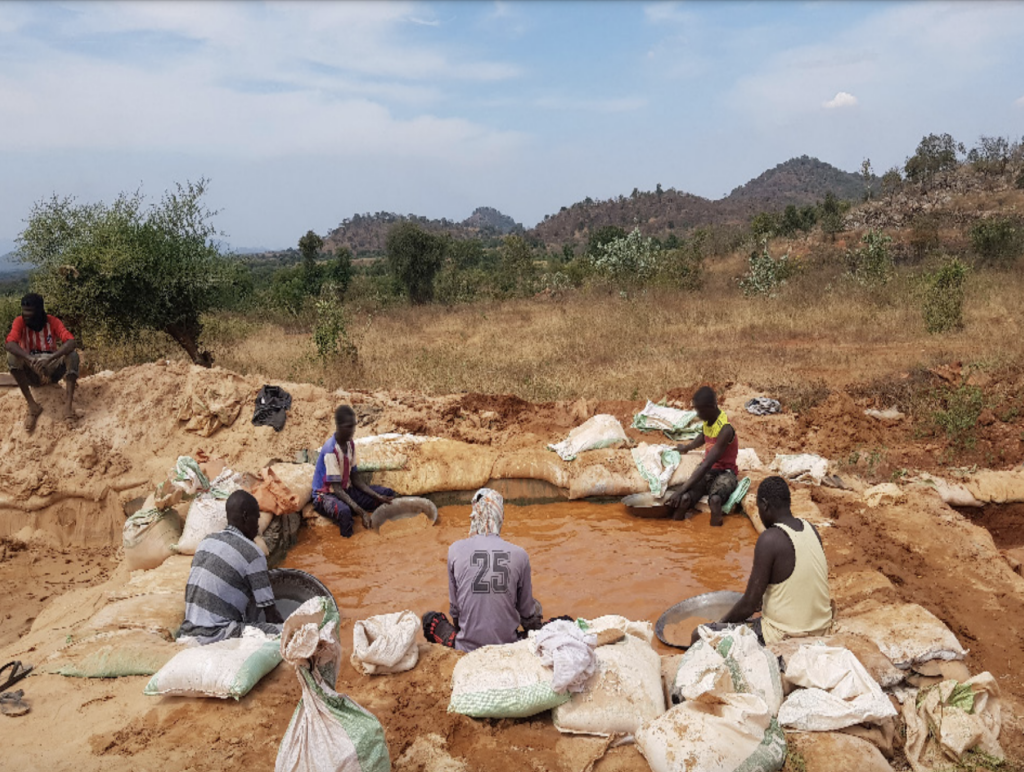
February 27: Skyline condemns the Sudanese authorities’ refusal to register the Journalists Syndicate. South Darfur activists protest the toxic gold mining practices by the Al Junaid company in El Radoom.
February 28: An anti-junta protester is killed in Khartoum North. The Ministry of Finance doubles customs fees on more than 100 import commodities. Its amendments to several laws aim to give the military more power over the economy, a lawyer tells Radio Dabanga. Economists expect bankruptcy for many factories if the announced tariff increases go ahead. The UN secretary-general lauds the political developments but laments the insecurity in the country. Port workers protest the privatisation of terminals near Port Sudan, while East Darfur activists close the Sufyan oil field in Abu Karinka.
March: The two remaining dialogue conferences agreed on in the Framework Agreement with the military on December 5 last year, take place. The conference on (transitional) justice is based on workshops held in six Sudanese regions. The fifth and most contentious one, on security sector reform, based on the integration of RSF paramilitaries into the army, concludes without clear outcomes. It is agreed that the Final Agreement will be signed on April 1. The already dire security situations in Darfur and Kordofan are deteriorating further. An economic analyst warns about the disastrous impacts of the continuing stagflation on the already collapsing economy.
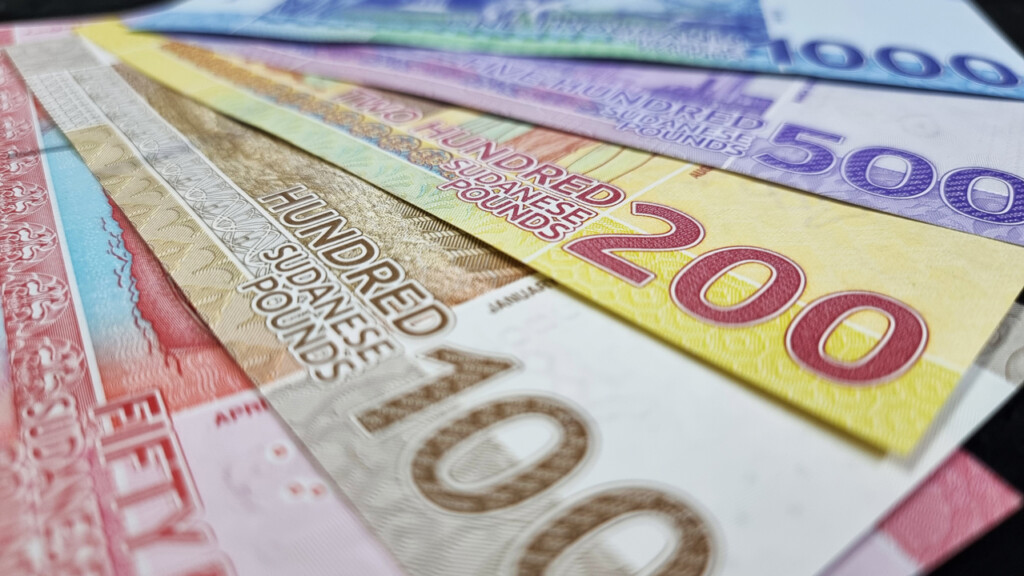
March 1: Two people in Khartoum die of dengue. Doctors blame the authorities for failing to intervene and halt the spread of the fever.
March 2: Economists sound alarm as Sudan’s trade deficit hits $6.7 billion. Protests against police violence in Khartoum face heavy repression. Lt Gen Abdelfattah El Burhan is optimistic about the signing of the Final Agreement which will pave the way for the formation of a new civilian government.
March 3: More than 10 eastern Sudanese groups sign a Declaration of Principles.
March 4: The RSF says it will not allow ‘killing of demonstrators’ anymore. Six children burn to death in fires across Darfur.
March 5: The judiciary transfers ‘cases of martyrs’ to ordinary courts.
March 6: South Sudanese mediator Dhieu Mathok says that the implementation of the JPA faces many challenges. Gold miners in Red Sea state and Blue Nile state protest a fivefold fees increase. Eight Sudanese activists are acquitted of ‘fabricated’ charges of killing an intelligence officer.
March 7: The Trilateral Mechanism announces that the fourth dialogue conference, on (transitional) justice, will start after three days. The number of dengue fever and malaria cases rise in Khartoum.
March 8: The UN Security Council extends sanctions on Sudan for another year.
March 9: Egypt announces plans to connect Sudan with high-speed rail link.
March 10: Community leaders in Darfur urge the participation of war victims in workshops on transitional justice.
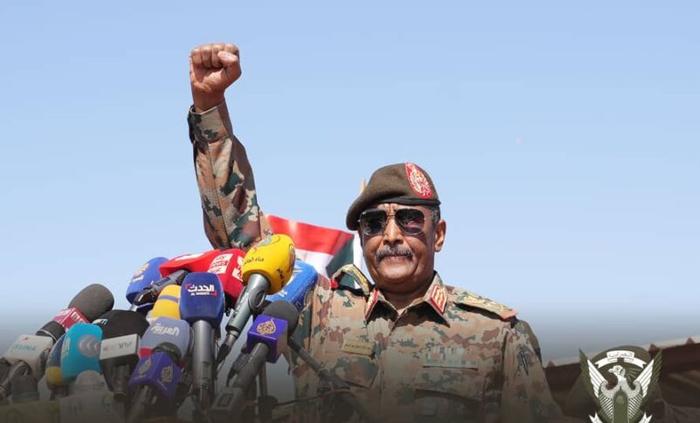
March 11: Junta leaders El Burhan and Hemeti discuss the ‘contentious issues’ between them, as the FFC-CC says that a new civilian government may be formed already this month.
March 12: Transitional justice workshops in four regions witness wide participation, while workshops in Kassala and Blue Nile region are stopped by authorities. People living near Merowe in Northern State stage a protest vigil against the use of cyanide in gold mining.
March 13: Hemeti visits Eritrea to discuss bilateral relations but also to ‘weave RSF alliances’. The transitional justice workshops say Sudan must end impunity and human rights violations.
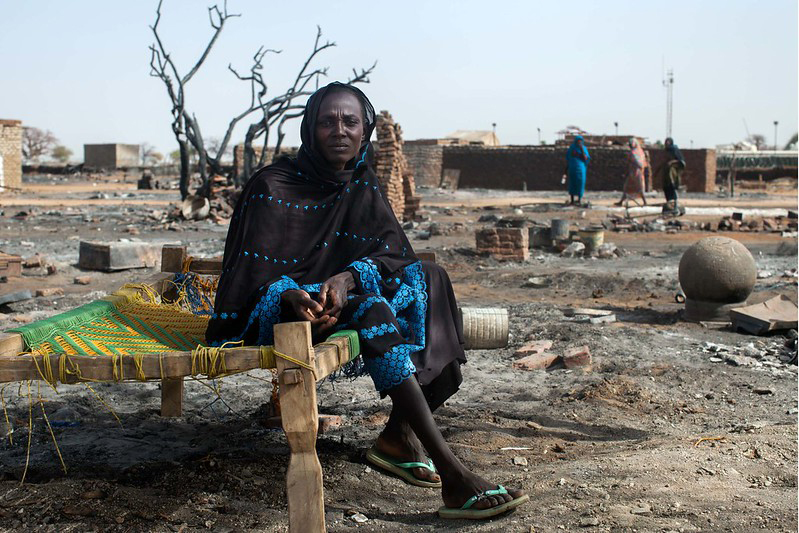
March 14: The signatories of the Framework Agreement agree on criteria for selecting a new prime minister. The Marches of the Millions in greater Khartoum are thwarted by tear gas. An officer of the paramilitary Central Reserve Police is shot dead in North Darfur. Various fires in Darfur consume more than 40 homes.
March 16: The West Kordofan oil fields management acknowledges that the people in the state do not benefit from the wealth generated by oil production. Displaced and refugee women continue to illegally brew alcohol.
March 19: Two people are killed in tribal clashes in North Kordofan. Sovereignty Council member and one of the October 2021 putschists Lt Gen Yasir El Ata underscores the military’s commitment to transferring power to a civilian government. Armed robbers make off with ‘millions of Sudanese Pounds’ in Central Darfur.
March 20: Displaced people living across Darfur’s camps are speaking out about their dire living conditions. Two policemen are wounded in an attack on a police post in South Darfur.
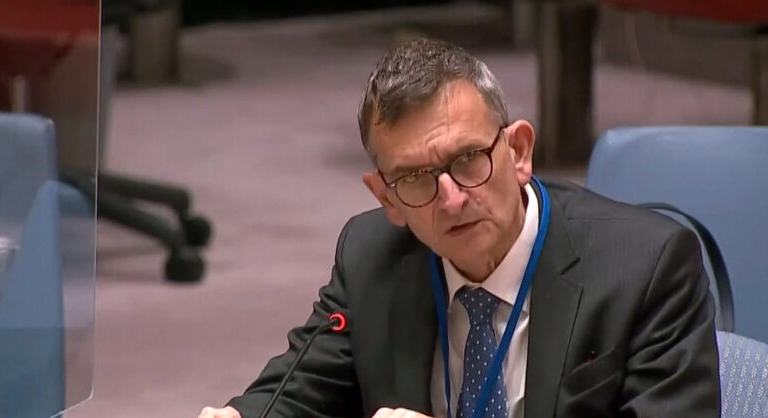
March 21: Volker Perthes, head of the UN Integrated Transition Assistance Mission in Sudan (UNITAMS), urges the Security Council to offer ‘greater support to help Sudan with its domestic challenges’.
March 22: In a bid to curb criminality, the director of Kadugli, capital of South Kordofan, extends the curfew in the city.
March 23: Khartoum witnesses a ‘significant increase’ in dengue cases amidst medical shortages. The violence used by the police against protesters is ‘institutional behaviour’, a police officer says.
March 25: The drafting committee of the Final Agreement completes the initial draft.
March 26: The dialogue conference on Security Sector Reform starts in Khartoum, which is the fifth last conference as agreed in the Framework Agreement. The head of UNITAMS stresses the importance of a unified Sudanese army. Radio and TV workers on strike across the country.
March 27: Dengue fever continues to spread in Khartoum.
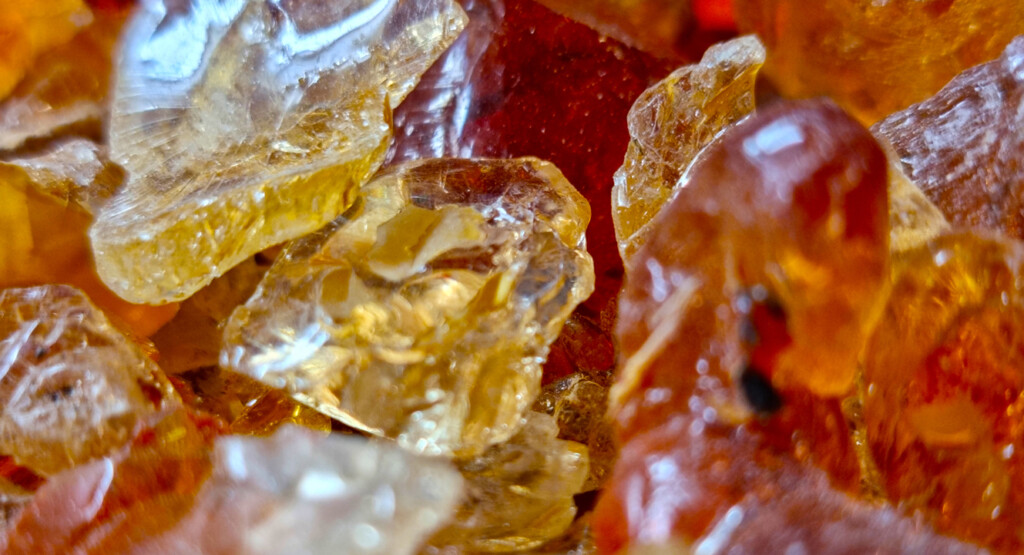
March 28: The dialogue conference on the reform of the security sector concludes without clear outcomes. About 40 per cent of gum Arabic produced in Sudan is reportedly being smuggled through Egypt and Chad. West Darfur clashes leave six dead and displace 30,000 people. Four policemen are killed in an ambush in Central Darfur.
March 30: An economic analyst warns about the disastrous impacts of stagflation and the weak financial position of Sudanese banks.
March 31: Women continue to play a very active role in the country’s resistance committees.
* In the end of 2019, the government of Abdallah Hamdok established the Empowerment Removal Committee (ERC) with the aim to purge the country of the remnants of the Al Bashir regime. The work of the ERC was suspended, and several of its members were detained following the October 2021 military coup d’état.
Previous timelines:
Sudan timeline April-June 2020: Covid-19 marks all aspects of life, inflation soars
Sudan timeline January-March 2020: Little relief to the country’s economic, security woes
Sudan timeline October-December 2019: Interim government put to the test
Sudan timeline July-September 2019: Turbulent transformation from tyranny











 and then
and then